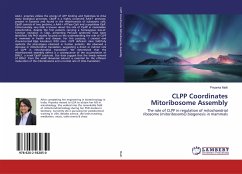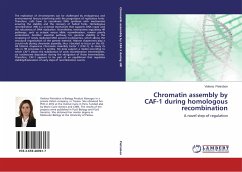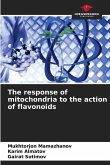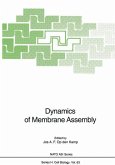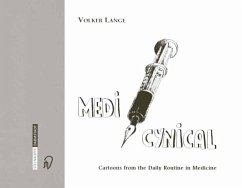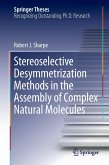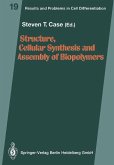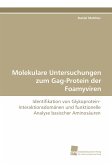AAA+ enzymes utilizes the energy of ATP binding and hydrolysis to drive many biological processes. ClpXP is a highly conserved AAA+ protease, present in bacteria and found in the mitochondria of eukaryotic cells. ClpXP consists of two proteins, a AAA+ ATPase ClpX and a peptidase ClpP. Unfortunately, very little is known about the role of ClpXP in mammalian mitochondria, despite the first patients carrying a homozygous loss-of-function mutation in Clpp, presenting Perrault syndrome have been identified. My PhD studies focused on the understanding the role of CLPP in mammals in health and disease. For this purpose, I created and characterized Clpp knockout (KO) mice. CLPP deficient mice faithfully replicate the phenotypes observed in human patients. We observed a decrease in mitochondrial translation, suggesting a direct or indirect role of CLPP in mitochondrial translation. We determined that the mitoribosomal assembly defect is a consequence of the accumulation of ERAL1, a novel ClpXP substrate. Our data suggest that the timely removal of ERAL1 from the small ribosomal subunit is essential for the efficient maturation of the mitoribosome and a normal rate of mito-translation.
Bitte wählen Sie Ihr Anliegen aus.
Rechnungen
Retourenschein anfordern
Bestellstatus
Storno

